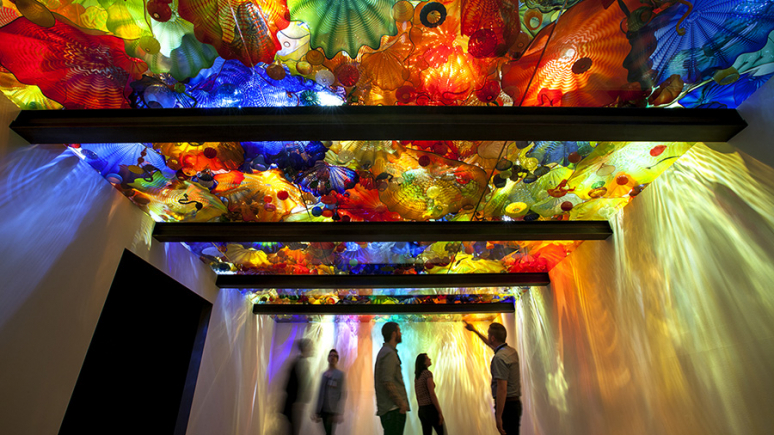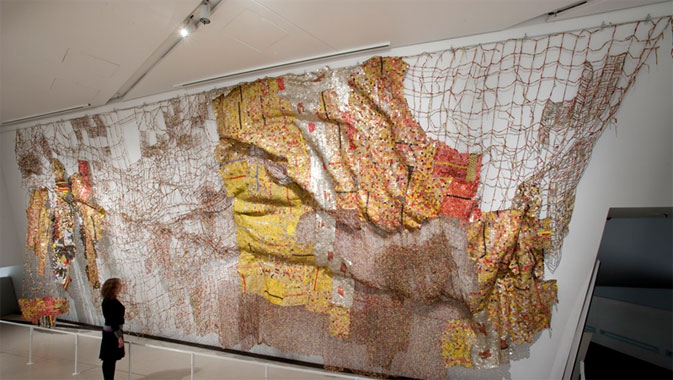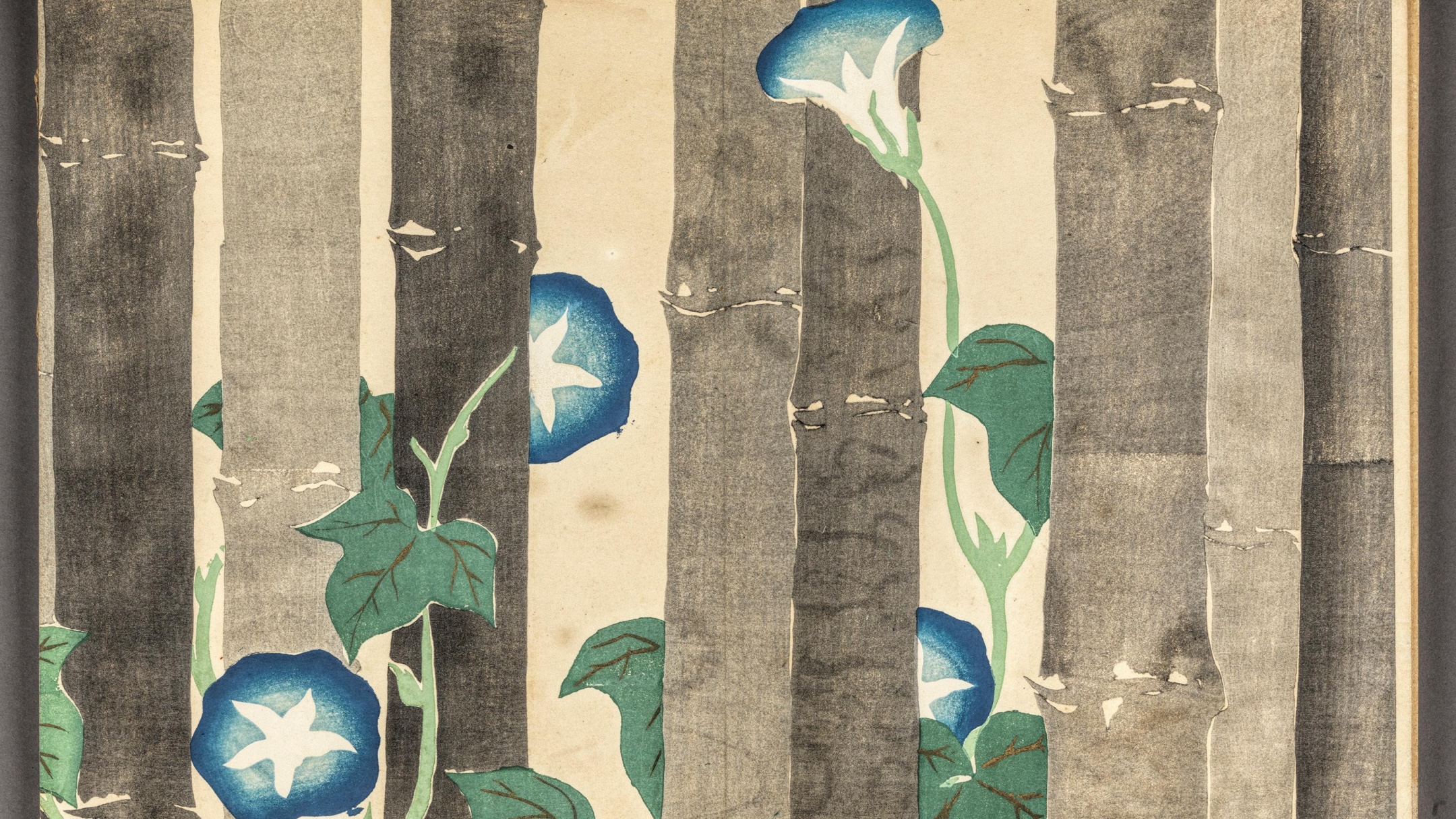The Psychology of Awe
Plus, what it means for mental health—and museums
Published
Category
Author

A few years ago, University of Toronto’s Dr. Jennifer Stellar
A few years ago, University of Toronto’s Dr. Jennifer Stellar approached ROM with a proposal. She would bring a horde of undergrads to an exhibition, strap heartrate-monitoring watches onto them, and collect their spit. All in the service of studying one of the most complex and least understood emotions: awe.
The results of the study haven’t been published yet, but early analysis suggests that awe may improve everything from stress to overall well-being. All of which begs the question: What is awe?
Unlike joy or sadness, awe isn’t inherently positive or negative—and it’s a lot more slippery to define. For researchers Drs. Dacher Keltner (Stellar’s advisor at University of California, Berkeley) and Jonathan Haidt, awe must include “perceived vastness”—think a towering waterfall or the Sistine Chapel—and the “inability to assimilate an experience into current mental structures.”
This concept of experience assimilation, Stellar explains, is drawn from Jean Piaget, the Swiss psychologist renowned for his theories of childhood development.
Say a child grows up with a chihuahua, then sees a Great Dane one day in the park. The Great Dane is huge, but the child still recognizes it as a dog, and can thus easily assimilate the experience. But with awe, the experience—be it a mind-bending work of art or a profound psychedelic trip—is so extraordinary, so beyond the realm of the everyday, that it doesn’t fit within our existing understanding of the world. Put simply, awe blows your mind.
Turns out, that’s a good thing.
Psychologists Alice Chirico and Andrea Gaggioli
Psychologists Alice Chirico and Andrea Gaggioli found that awe can “restructure individuals' mental frames so deeply that it could be considered a therapeutic asset for major mental health major issues, including depression.” Research also suggests that the awe is felt at the physiological level. At UC Berkley, Stellar led a study that showed awe was associated with “lower levels of proinflammatory cytokines”—an important marker of good health and a balanced immune system.
Another study, on the awe-inducing effects of whitewater rafting, showed it improved well-being in military veterans and at-risk youth. And yet, as promising as results like these are, Stellar cautions it’s still too early to draw any definitive conclusions. Still, she seems endlessly energized by the possibilities.
Awe challenges us to look beyond ourselves
“Awe challenges us to look beyond ourselves, but, in return, it offers new insights and a wiser perspective—one filled with a deeper sense of connection, meaning, and purpose,” she wrote in the Annals of the New York Academy of Sciences. “In a true twist of irony, by forgetting the self we may find ourselves fulfilled.”
For Stellar, museums—and ROM in particular—are “awe marketplaces,” where great art can open the mind and quiet the ego. Because of that, they’re also worth fighting for. “If we think about awe and well-being as values we want to prioritize, then institutions which seem expensive and hard to run become really critical parts of our society,” she explains.
This year, Stellar is hoping to return to researching the impact of ROM’s social prescription initiative, a program that distributes free passes, via partners like the Rexdale Community Health Centre, to support clients’ health and wellbeing.
Unlike her earlier experiment at ROM, this study focuses on an array of emotions. “One of the things I didn't anticipate is that that awe was one of many positive emotions people felt in response to art,” says Stellar. “Visitors feel gratitude. They feel joy. They feel exhilaration.”
This time, she hopes to try and capture it all.
Dr. Jennifer Stellar
Dr. Jennifer Stellar is a professor of psychology at the University of Toronto.
Colin J. Fleming is Senior Communications Creative Strategist at ROM.






